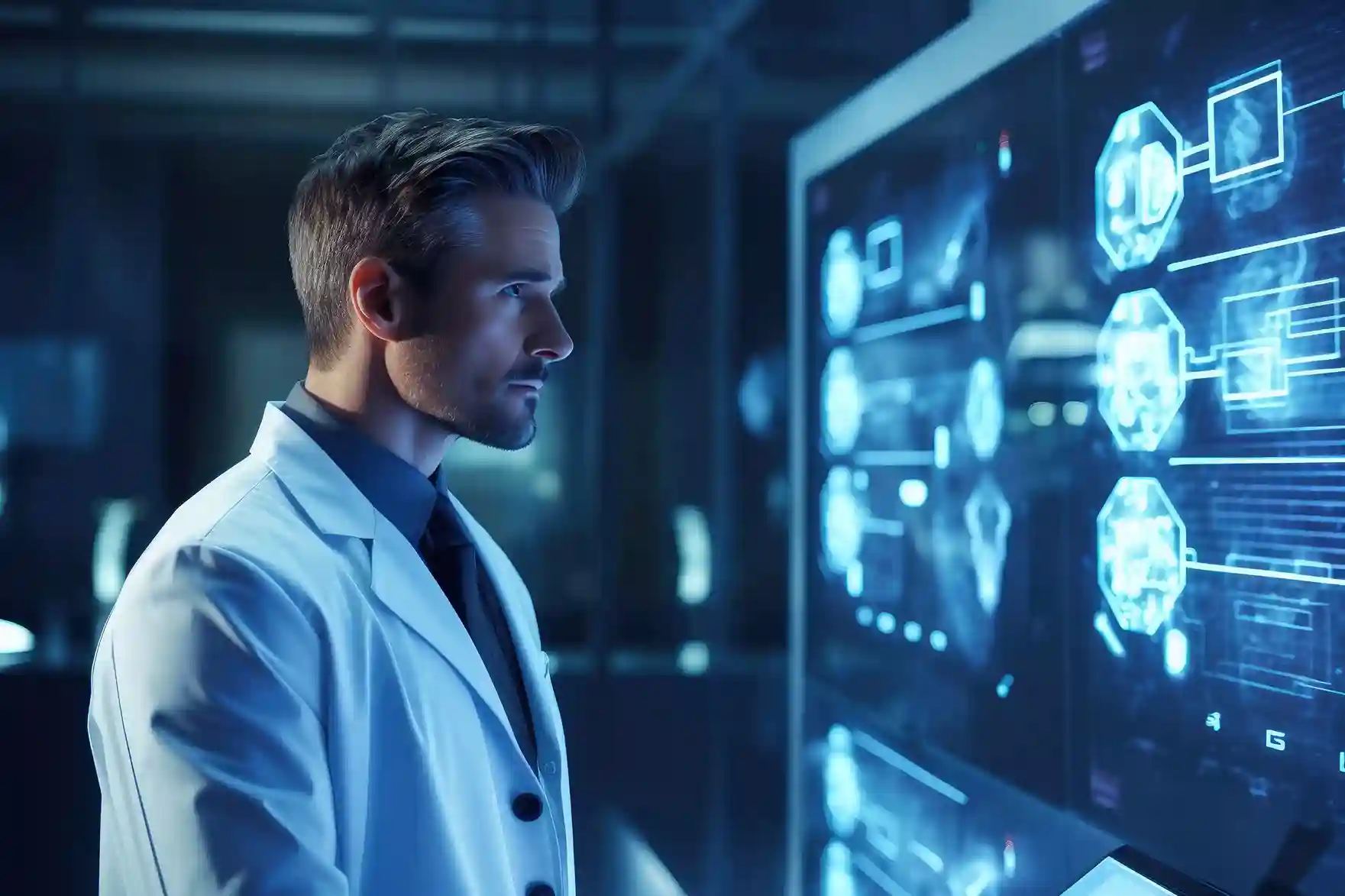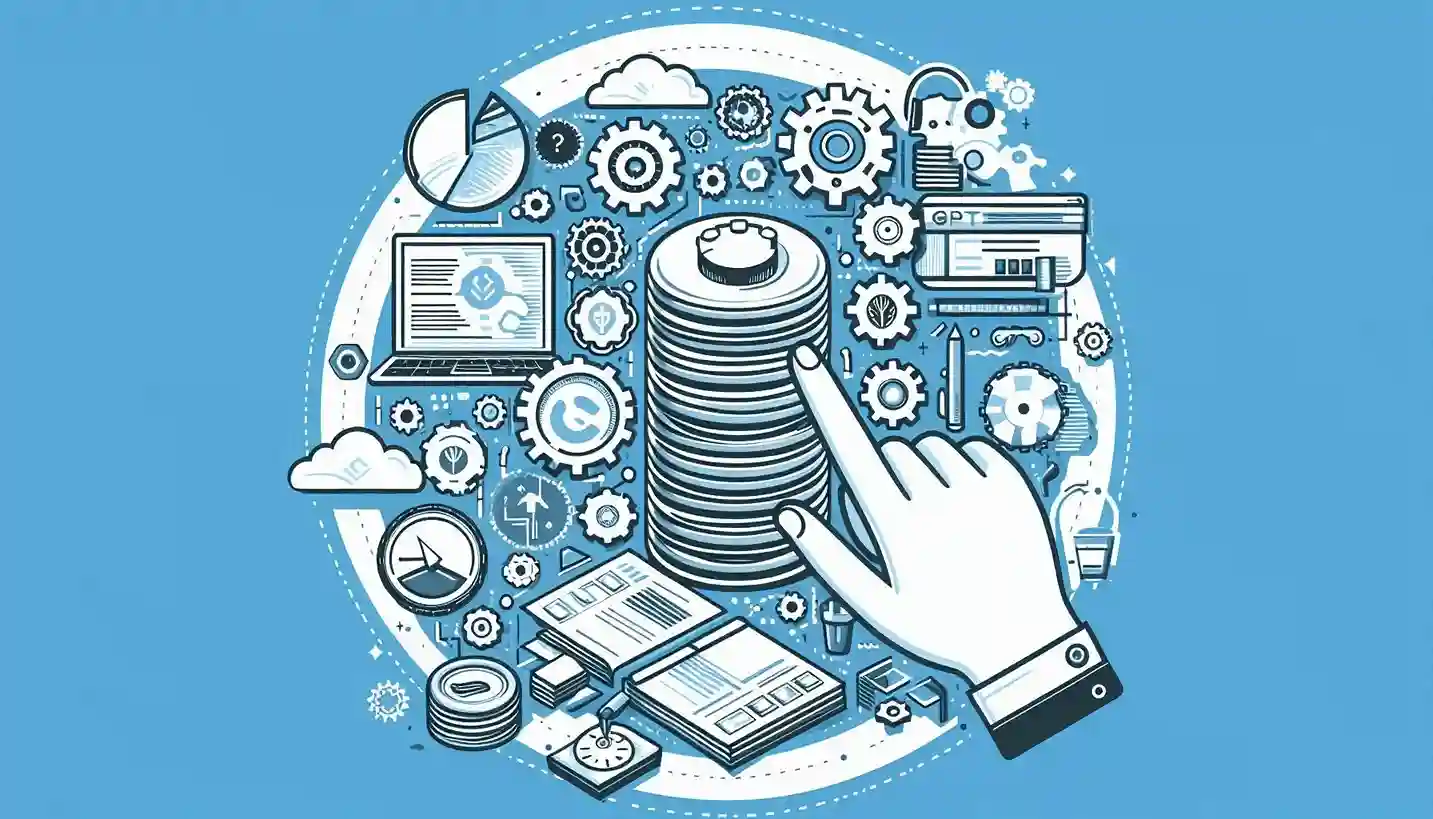How Machine Learning in Healthcare is Becoming the Game Changer Today
July 19, 2022

Machine Learning is leading innovation breakthroughs in the ever-evolving medical services or healthcare industry. The interest and inclusion of machine learning in healthcare have grown rapidly in the recent few years to ensure more customized outputs aligning people to prognosis.
Historically, healthcare and clinical research were done manually. As clinical research is a more complex, people-intensive, and multi-trial sector, it is also prone to unexpected errors in outcomes due to large, unmanaged, and diversified data. The latest innovations in technology, advanced computing, and enhanced data accessibility have expedited the amalgamation of machine learning in the healthcare domain, giving better results.
The application of Machine learning in healthcare is a boon to tap into for providing accessible medical services on a digitized infrastructure through faster and more qualitative diagnosis.
One can truly count on the benefits of machine learning in healthcare by combining narrative and diagnostic data and also crucial clinical findings to analyze patient data to prevent the onset of a disease and provide relevant and timely treatment for faster recovery.
Top 5 Benefits of Machine Learning in Healthcare
Using the capabilities of machine learning in healthcare can enhance efficiency in healthcare processes, medical records, documentation, and managing revenue cycles.
There are many more benefits of machine learning in the healthcare. Let’s explore them one by one!
#1. Cost-Saving
Using deep learning technology in custom software development for healthcare can assist emergency clinics in reducing their cost in almost everything whether it’s clinical diagnostics, staff recruiting, or any other. Performing manual duties to track down the important clinical data and make the right determinations is way too time-consuming. Doing it with the right enterprise software would assist you with disposing of this colossal shortcoming hole.
By giving accurate outcomes in a shorter span, the use of profound learning in medication works on the results of any information-driven work process.
#2. Easy Diagnosis
One of the primary advantages of machine learning in the healthcare is the quick and easy identification of diseases and ailments that are otherwise hard to diagnose. This also includes the deadly disease cancers that are detected at the initial stage.
#3. Drug Manufacturing
One of the primary clinical benefits of machine learning-enabled enterprise software development in healthcare is that medical researchers can do the early-stage drug discovery which also includes the Research & Development technologies such as ‘next-generation sequencing’ and ‘precision medicine’. These technologies help with alternative paths for therapy of multifactorial diseases.
Project Hanover, developed by Microsoft, is using Machine Learning-based technologies for multiple initiatives. One of the core initiatives of this project is to find proper treatment to cure cancer and to personalize drug combinations for Acute Myeloid Leukemia.
#4. Medical Imaging
Machine learning as well as deep learning in healthcare, are responsible for the breakthrough technology called ‘the Computer Vision’. This technology was used in the InnerEye initiative by Microsoft. This initiative works on the image diagnostic tool for image analysis. As machine learning becomes much more accessible, expect to see more data sources from the full range of medical imagery.
#5. Smart Health Records
Don’t you think maintaining proper health records is an exhaustive process? Even though the technology has eased the process of data entry, a significant part of the data-processing methods in the healthcare sector still takes a lot of time to complete. The primary role of Machine learning in healthcare is to streamline the processes while saving time, money, and effort.
Machine learning technology in today’s world is offering the cutting-edge technology of developing the next generation of small and intelligent health records that will help with the clinical treatment diagnosis and suggestions.
#6. Data Collection
Crowdsourcing is the most crucial part of the medical field today. It allows the clinical researchers and practitioners to access the full range of information about people with their own consent. This live health data has some significant impacts.
With the latest advancement in Machine learning technology, the healthcare industry is still working on discovering some of the new ways in which the data can be used and managed to cure rare disease cases and to help in the overall improvement of medication and diagnosis.
#7. Personalized Treatment
Machine Learning in healthcare can assist with moving the concentration from a receptive to a preventive mode by providing customized treatment plans that will be more efficient and effective by pairing individual health with predictive analytics.
The Opportunities of Machine Learning for Healthcare Providers
Using machine learning for healthcare unlocks a ton of opportunities for healthcare organizations. To begin with, it permits healthcare professionals and medical partitionists in understanding consideration as opposed to investing their energy in information search or section.
The second significant job of machine learning in healthcare is to enhance the accuracy and quality of diagnosis and treatment. Third, utilizing machine learning in medicine can FOSTER a more exact and beneficial treatment plan, especially for rare diseases.
A lot of clinical cases are unique and require additional attention and exceptional methodology for effective treatment. Hence, Machine learning algorithms can enhance the quest for such solutions.
What’s more?
The Application of machine learning in healthcare can assist specialists with conveying profoundly customized care for individual patient attributes and side effects. This will help bring down the possibility of patients experiencing incidental effects after the drug consumption.
For example, the Oncology team at IBM Watson utilizes Machine Learning to break down a patient’s clinical history. They use this data to furnish custom-fitted treatment plans to deliver more customized healthcare.
Conclusion
In the healthcare area, people are opting for enterprise software development that uses Machine Learning technology to expand comfort and productivity and reduce expenses and mistakes, and ultimately make it more straightforward for patients to get exactly the healthcare treatment and medical services they need.
Be that as it may, this definite dream in the healthcare sector is yet to achieve. Cloudester through its custom software development services helps perceive how much ML would assist with hoisting the expectations by headway.





